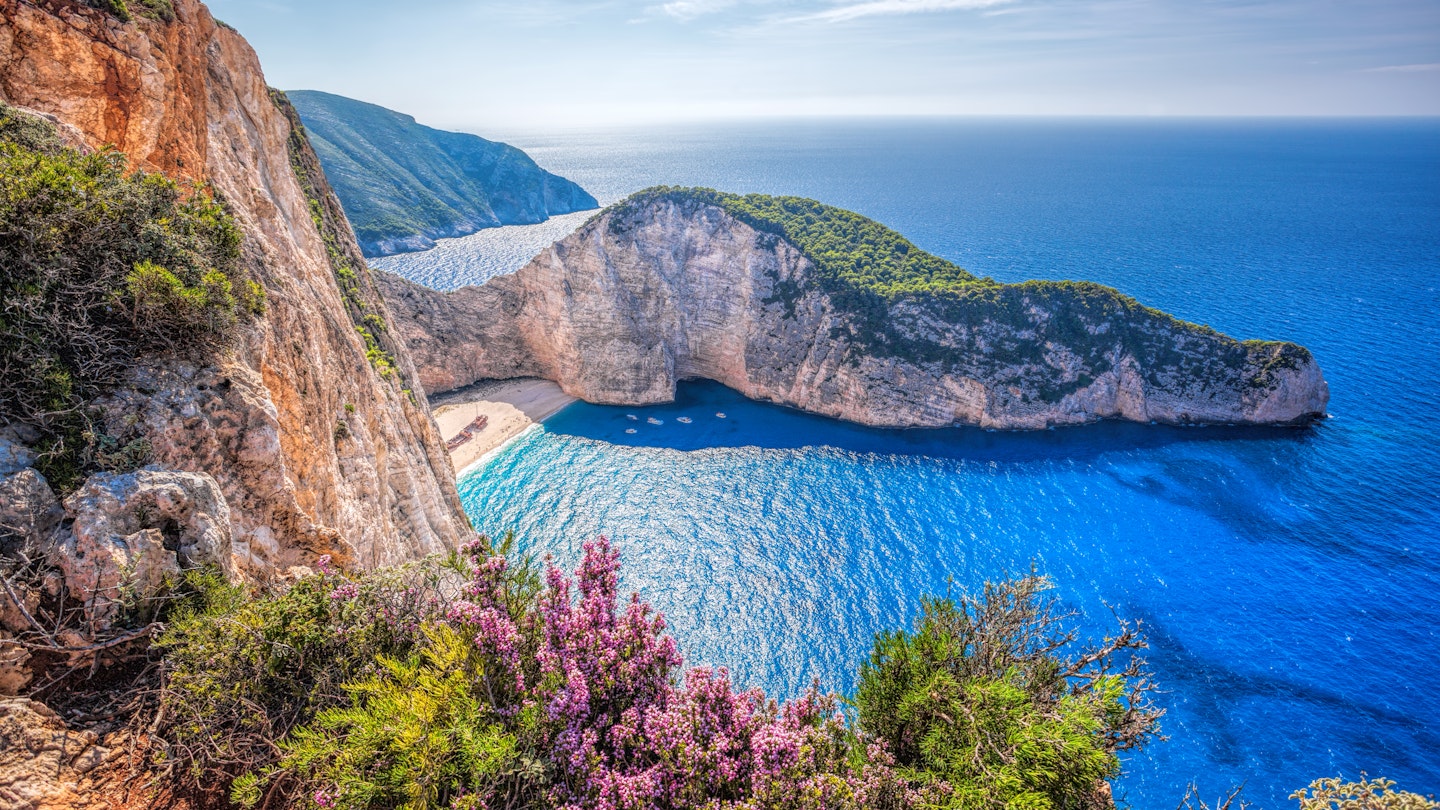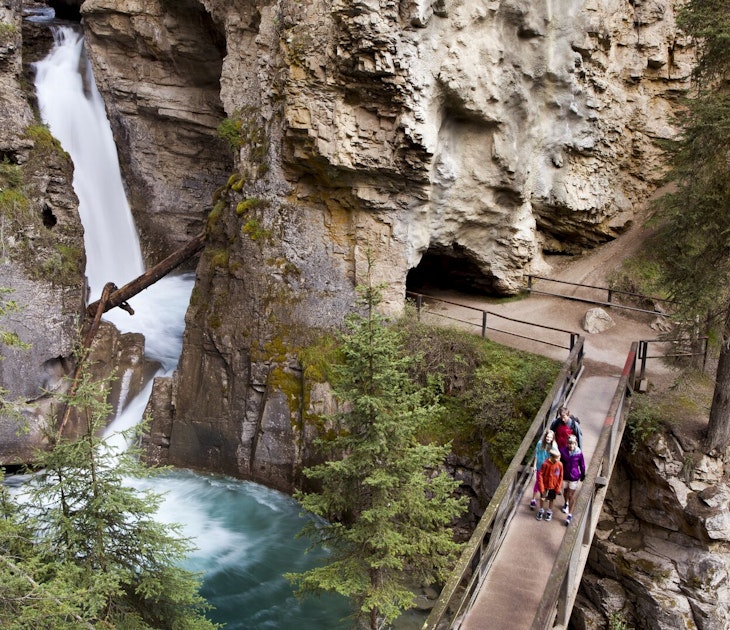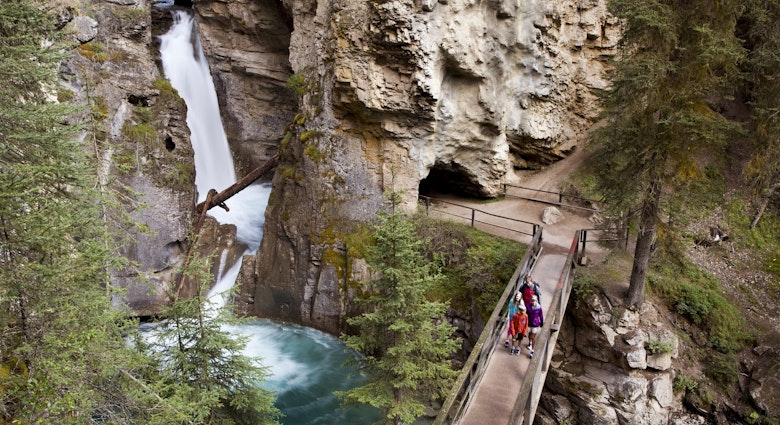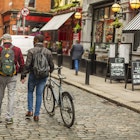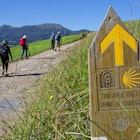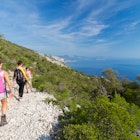There is ongoing discussion among tourism ministers in the European Union over measures to potentially open borders to tourists this summer. So what does this mean for holidaymakers?
It's still too early to say, these are unprecedented circumstances and there is still so much we don't know about COVID-19 infection and immunity. There is a risk that opening too soon could lead to further outbreaks, and infection clusters. Governments will err on the side of caution. Health and safety will rule all decisions. Social distancing will be observed in almost every part of the travel experience; many bars, restaurants and cultural sites will remain closed this summer, and pre-flight medical testing may be introduced. There's even talk of introducing a bloc-wide "Covid-19 passport", a type of medical certificate to confirm the holder's health status, though details are still being worked out and it's not a sure-thing. That's because there is still no evidence that people who have recovered from COVID-19 are immune from a second infection.
For now, cross-border operations within the EU are minimal. On 17 March, officials called on member states to keep external borders shut until mid-May, ruling out all but essential travel from outside the bloc into 26 nations, plus Switzerland, Norway, Iceland and Liechtenstein. An official opening date hasn't been announced, and French president Emanuel Macron hinted last week that EU borders could remain closed until September.
However, some EU countries that have managed to keep the virus reproduction rate low are starting to test the waters. Below is a list of who's doing what and when. Though these are just proposals and they could be retracted at any time. It's important to check the most up-to-date government advice before making any decisions regarding travel. It's likely that staycations will be the order of the day for summer 2020.

Croatia
Croatia’s tourism minister Gari Cappelli suggested that campsites, marinas and hotels may open in remote areas. "A modest recovery could start with these three targeted areas that could offer some isolation and privacy," he told local media.

Cyprus
The Cypriot government said it will partially open to tourists in July, and only travellers from countries who have managed to keep infection rates low will be allowed to enter, including Denmark, Norway, Iceland, Greece and Israel. "We hope to know in a few weeks when tourists will be able to come from these countries," Cyprus deputy minister of tourism Savvas Perdios told the country's English-language business publication, the Financial Mirror.

Greece
The Greek minister for tourism said the country will prepare to welcome foreign tourists from select countries from July. "Opening up the borders is something that needs to be discussed with health experts and we hope that they will give us the go-ahead to open up gradually,” Charis Theocharis told the BBC.
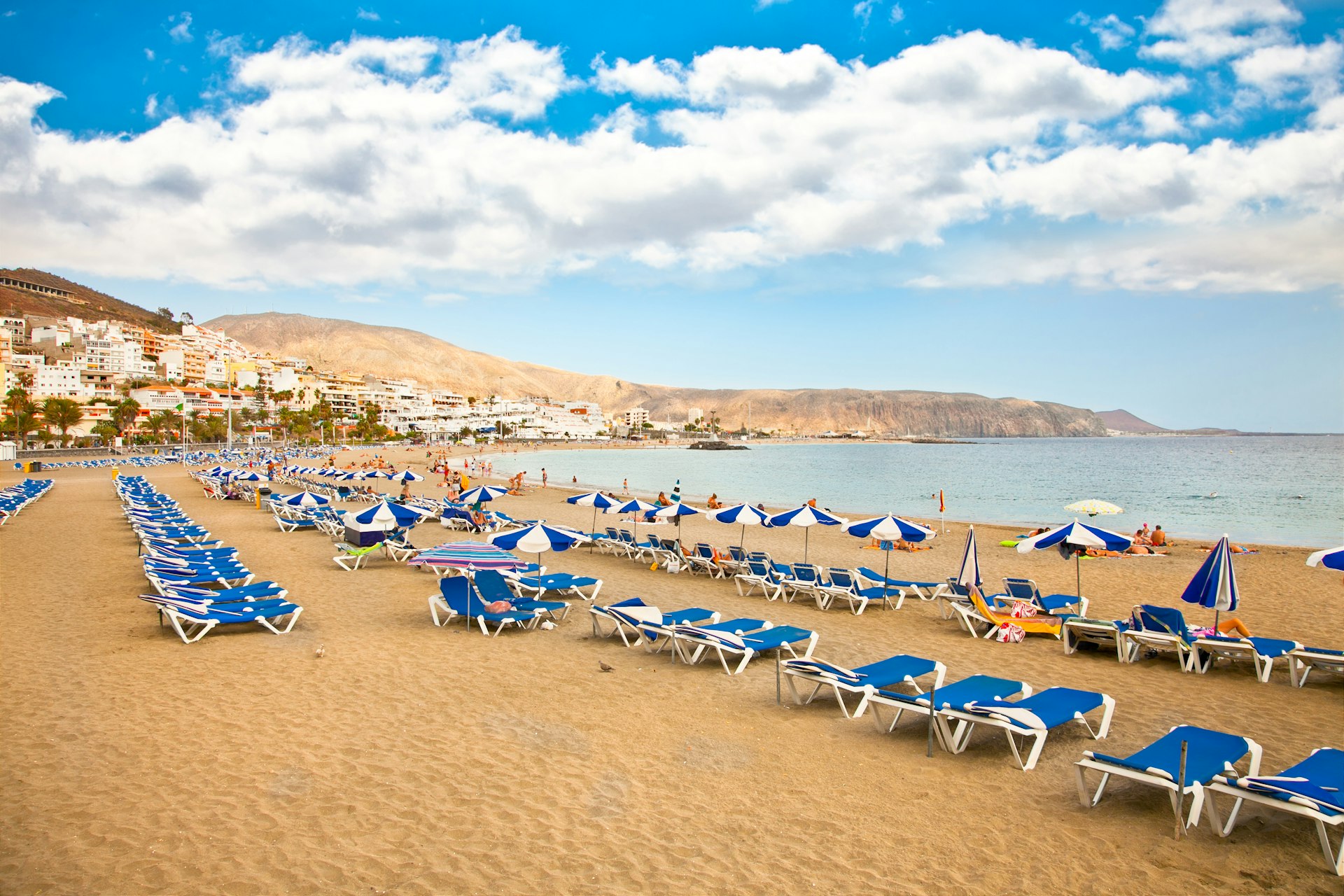
Spain
Rather than working towards a deadline, the Spanish government appears to be making decisions to ease lockdown and travel restrictions by province, with less affected areas permitted to lift restrictions sooner. Spain's Canary Islands could re-open to domestic visitors by 1 August, with plans to welcome international visitors by October. Tourism minister Yaiza Castilla told local media, she wants to make the islands "a world laboratory for tourism safety".
But Spain's foreign minister, Arancha González Laya, said visitors would only be allowed to return once it is safe to do so. "Spain always gives its visitors the warmest possible welcome and wants to do so under the best possible safety conditions,” she said. “That is why Spain will gradually open to tourism when it’s in a position to guarantee tourists’ safety."
This article was first published on 28 April and updated on 30 April, 2020.

